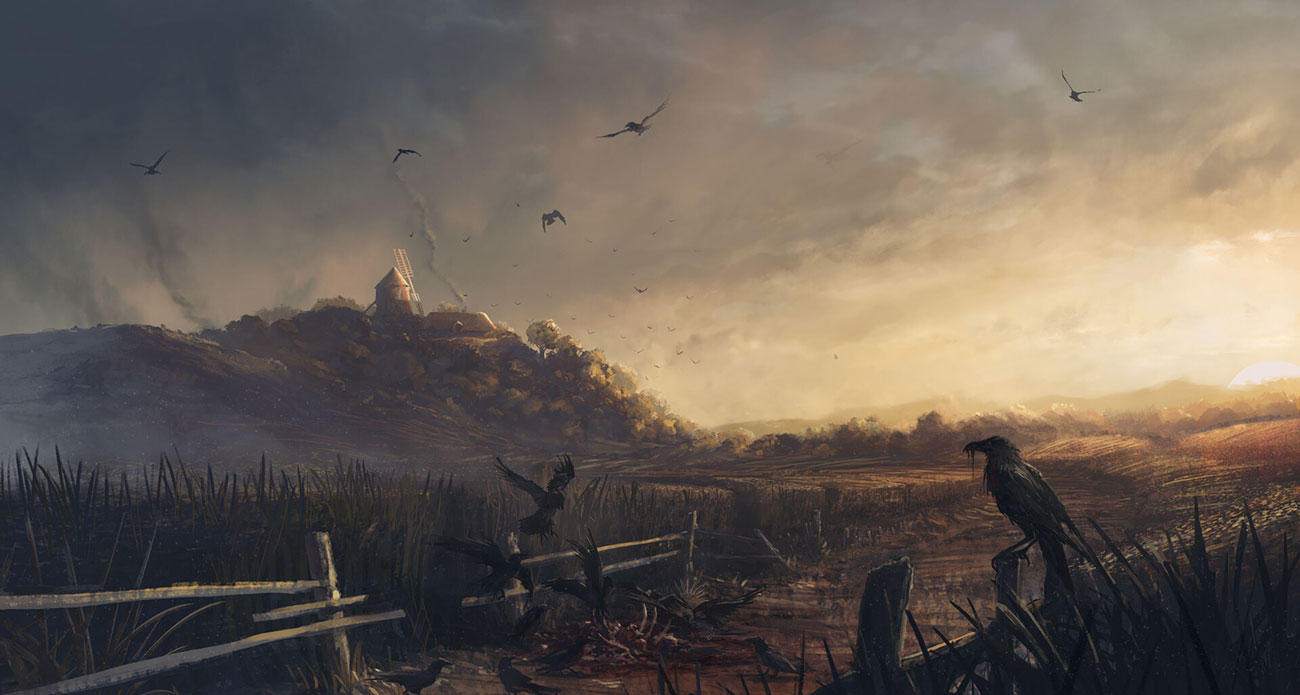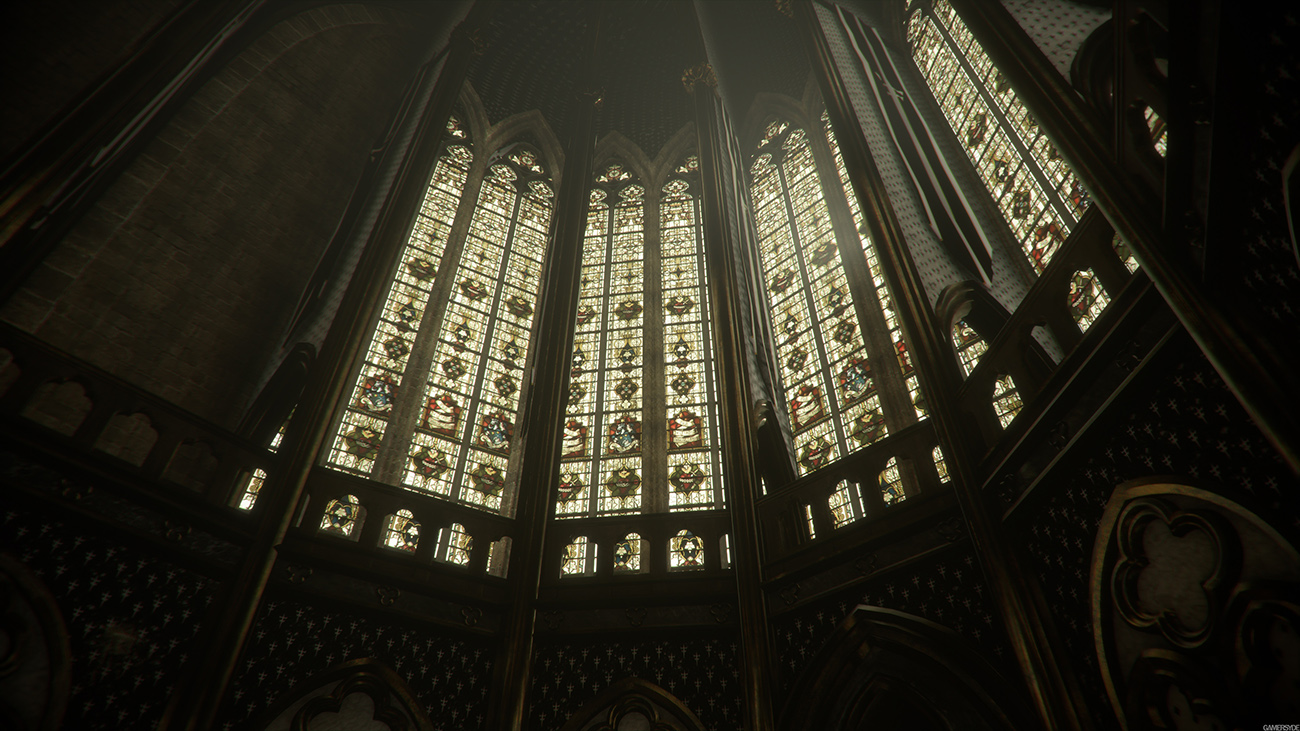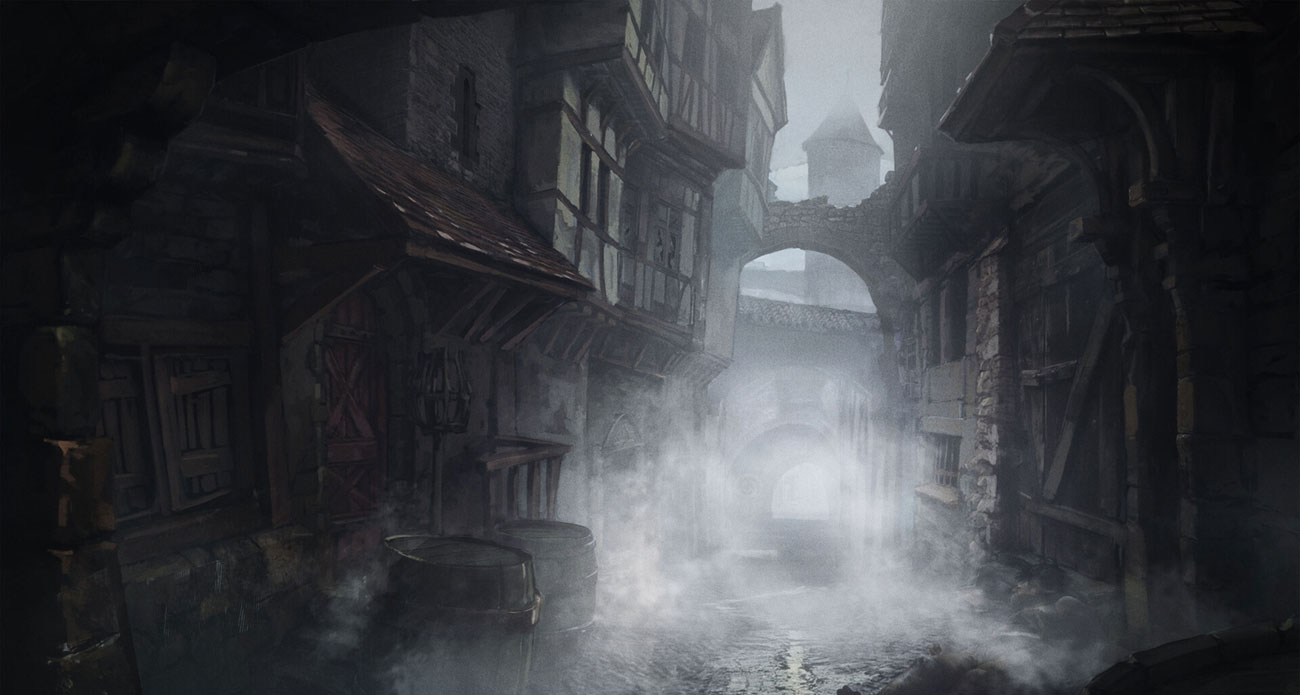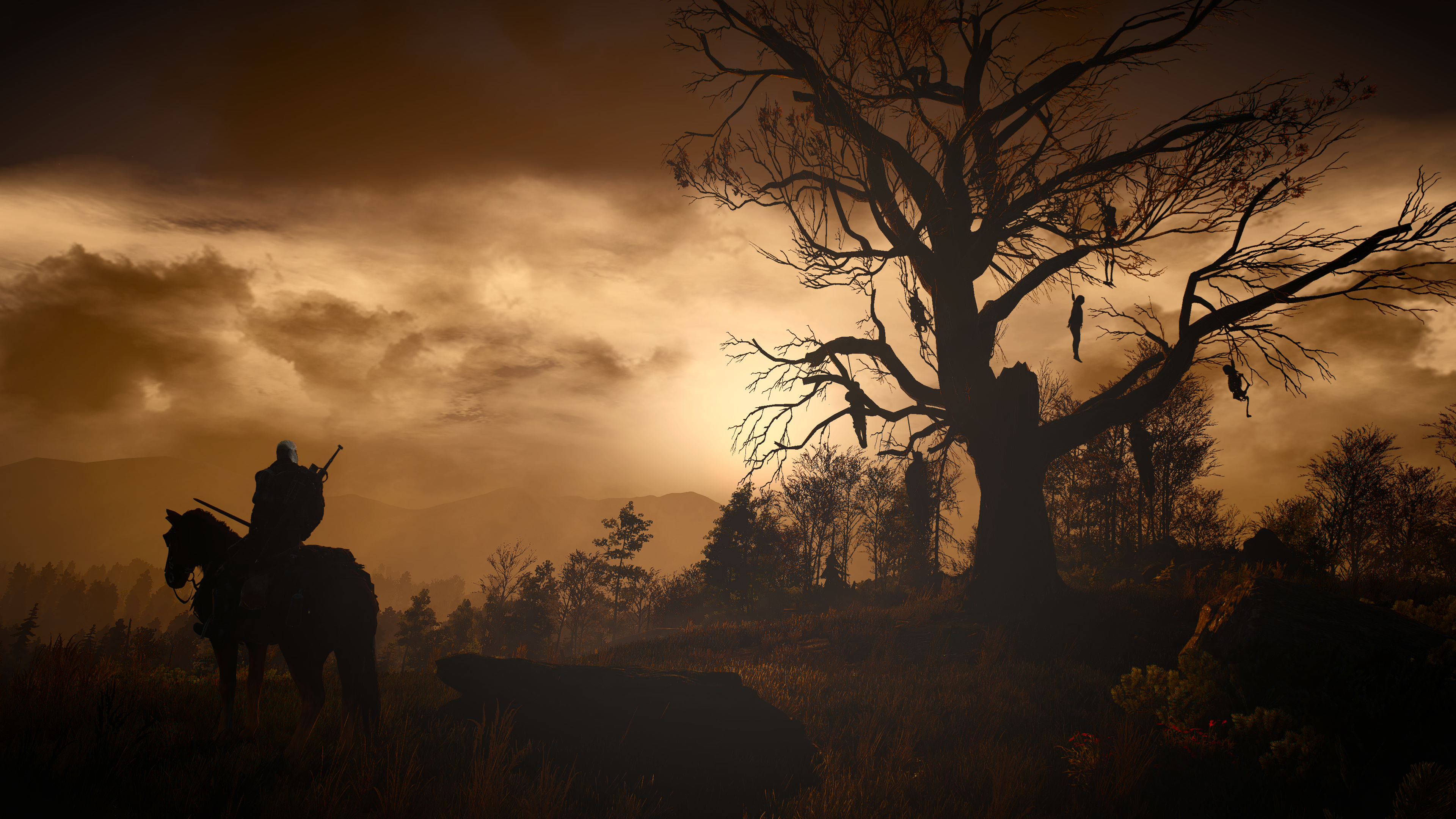In the heart of the Grimsdown ward of Kingsport stands the orphanage run by Matron Myrtle, a kind and just woman who cares for two dozen orphans at any one time. The children are the product of poverty, war, or simply bad fortune. It is said that the matron could afford to run the orphanage by owning the property it is housed in, and by virtue of several benefactors which donate the sums of gold crowns necessary to keep the place warm and the children’s bellies full.
On the Second Day, First Ride, Autumn Twilight, 1262, Matron Myrtle was found dead after an attack had taken place on the orphanage while the ward was under lockdown by the crownsguard. There are rumours the Steady Hand, a guild of thieves, were responsible for the attack, but the reasons are not known. Matron Myrtle’s assistant, Coral, has now taken over as matron.



